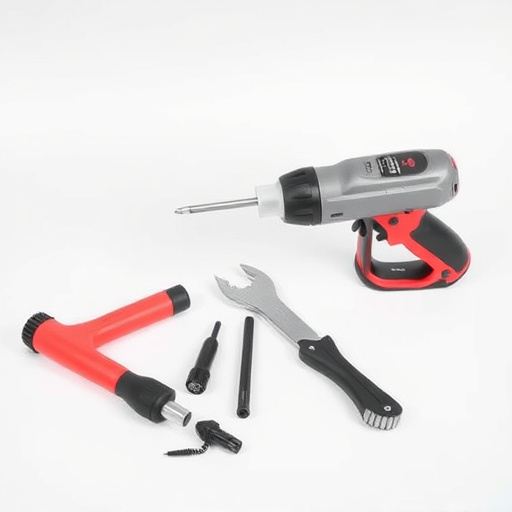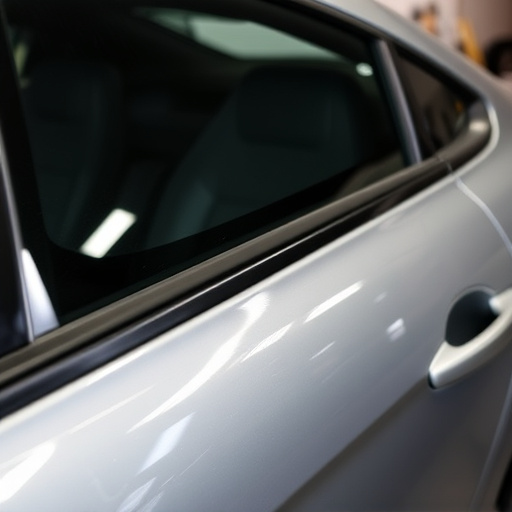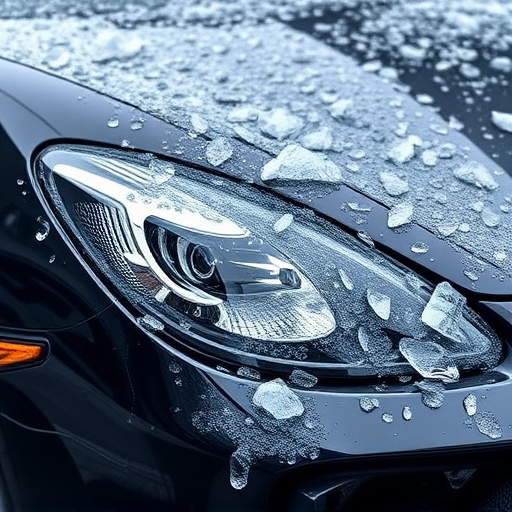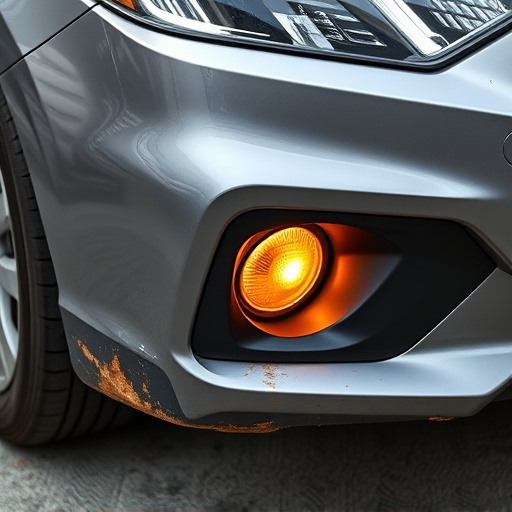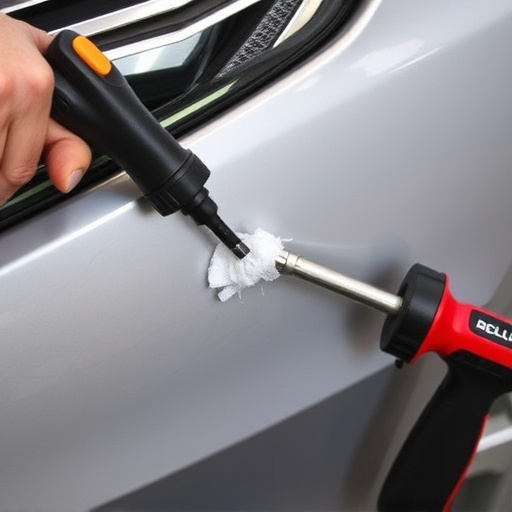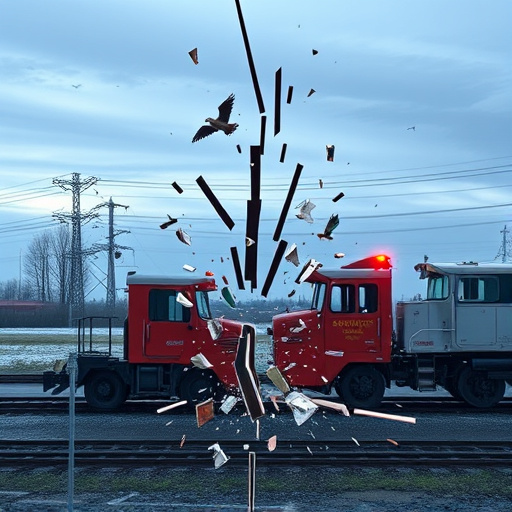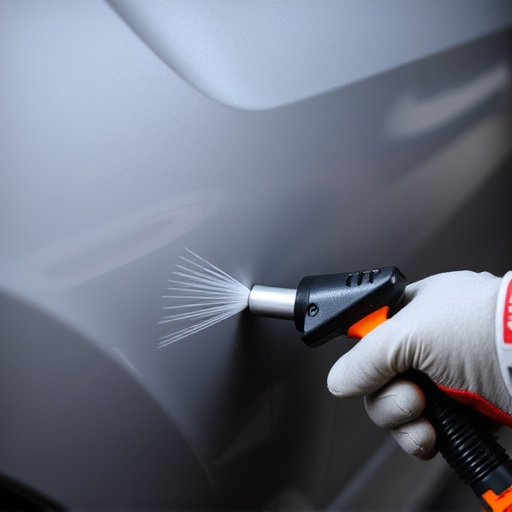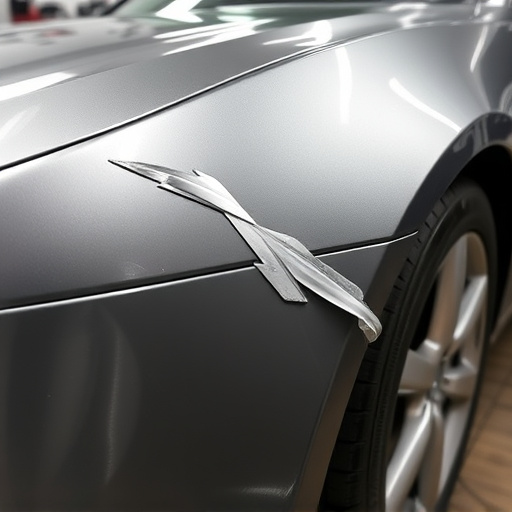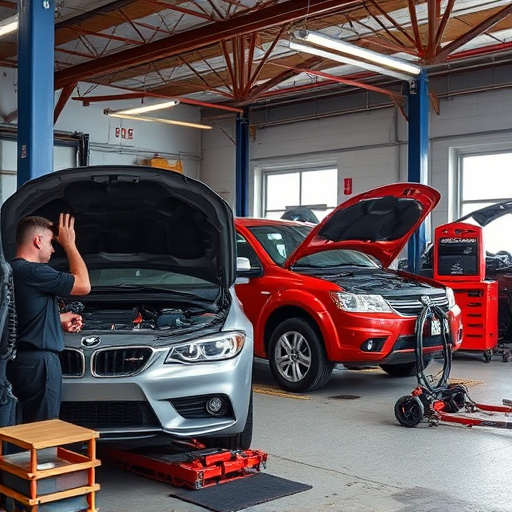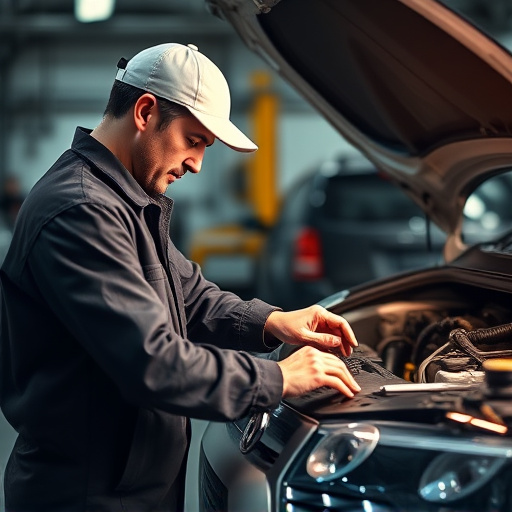Witness statements are vital after heavy-duty truck collisions, providing unbiased accounts crucial for determining liability and guiding processes like collision repair and insurance claims. Proper evidence collection, including statement gathering, documentation, and storage, ensures integrity and serves as a critical resource for legal battles and industry improvements. These firsthand accounts significantly impact resolutions, driving safety standards and accident prevention to reduce economic and human costs.
In the aftermath of a heavy-duty truck collision, witness statements emerge as critical pieces of evidence. Understanding their vital role is essential for navigating complex claims and resolutions. This article delves into the significance of witness accounts, exploring how they guide investigations, support insurance claims, and potentially alter outcomes. Learn about effective collection and preservation strategies to ensure these statements are admissible and maximize your compensation in truck collision cases.
- Understanding the Vital Role of Witness Statements
- Collection and Preservation of Evidence Post-Collision
- Impact on Truck Collision Claims and Resolutions
Understanding the Vital Role of Witness Statements
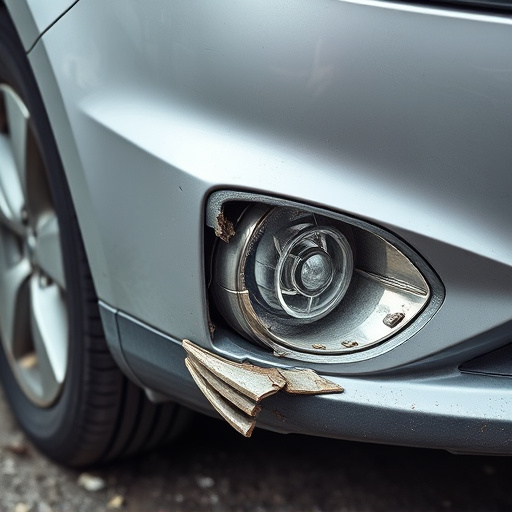
In the chaotic aftermath of a heavy-duty truck collision, witness statements emerge as pivotal pieces of evidence. They provide an unbiased account of events, crucial for reconstructing the incident and determining liability. Every detail, from observation of driver behavior to vehicle positioning, can significantly impact legal outcomes in such cases.
Witnesses offer an external perspective, filling gaps left by primary sources like drivers or damaged vehicles. Their testimonies are invaluable for insurance claims, legal proceedings, and collision repair services. Even seemingly minor details about road conditions, weather, or other relevant factors can be pieced together through witness statements, influencing the overall assessment of fault and guiding the process of auto painting and car dent removal.
Collection and Preservation of Evidence Post-Collision
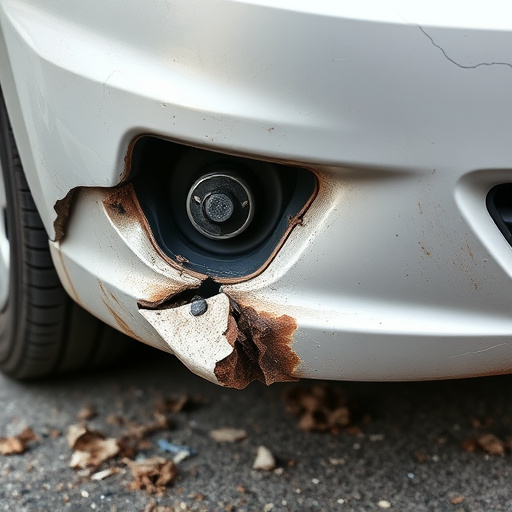
In the aftermath of a heavy-duty truck collision, collecting and preserving evidence is paramount for establishing liability and ensuring fair compensation. Immediate actions such as securing the scene, documenting damage to both trucks and other vehicles involved, and gathering contact information from all parties are crucial steps. These initial measures help in creating a detailed record that serves as a foundation for subsequent legal proceedings.
Furthermore, collecting evidence includes photographing the collision site, taking measurements of vehicle bodywork damage, and gathering statements from witnesses who observed the incident. These actions not only aid in the estimation of repair costs but also provide valuable insights into the sequence of events leading up to the crash. Preserving this evidence through secure storage or digital documentation ensures its integrity, making it a critical resource for both insurance claims and legal battles at a collision repair shop.
Impact on Truck Collision Claims and Resolutions
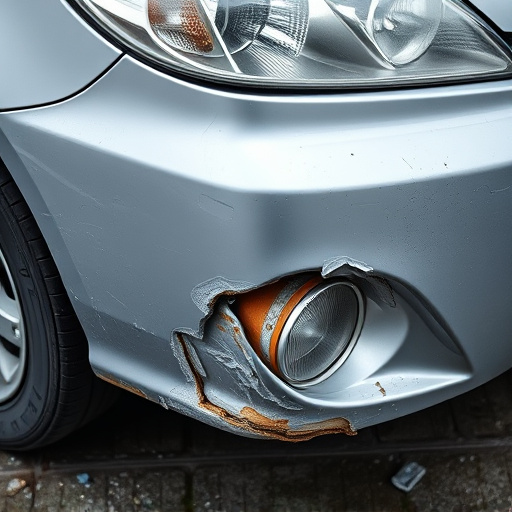
In the aftermath of a heavy-duty truck collision, witness statements play a pivotal role in shaping the course of claims and resolutions. These firsthand accounts provide crucial insights into the sequence of events, contributing factors, and liability assessments. With their detailed descriptions, witnesses can corroborate or challenge the narratives put forth by involved parties, including truck drivers, fleet operators, and insurance companies. This dynamic significantly influences the speed and accuracy of claim processing, as well as the ultimate financial outcomes for all stakeholders—from vehicle collision repair costs to settlements or judgments.
The impact extends beyond individual cases, affecting industry standards and practices. A robust witness statement framework encourages thorough pre-incident investigations, prompts responsible driver and fleet management, and fosters transparency throughout the claims process. This collective effort not only facilitates smoother resolutions but also drives continuous improvement in safety measures and accident prevention strategies, ultimately reducing the economic and human costs associated with heavy-duty truck collisions and their aftermath, including the need for auto repair services or car repair services.
Witness statements play a pivotal role in resolving heavy-duty truck collisions, providing crucial insights that can significantly impact claims and outcomes. By promptly collecting and preserving these statements, all parties involved ensure a fair and accurate representation of events. This is essential for navigating the complexities of such incidents and reaching just resolutions, ultimately enhancing safety and accountability on the roads.
